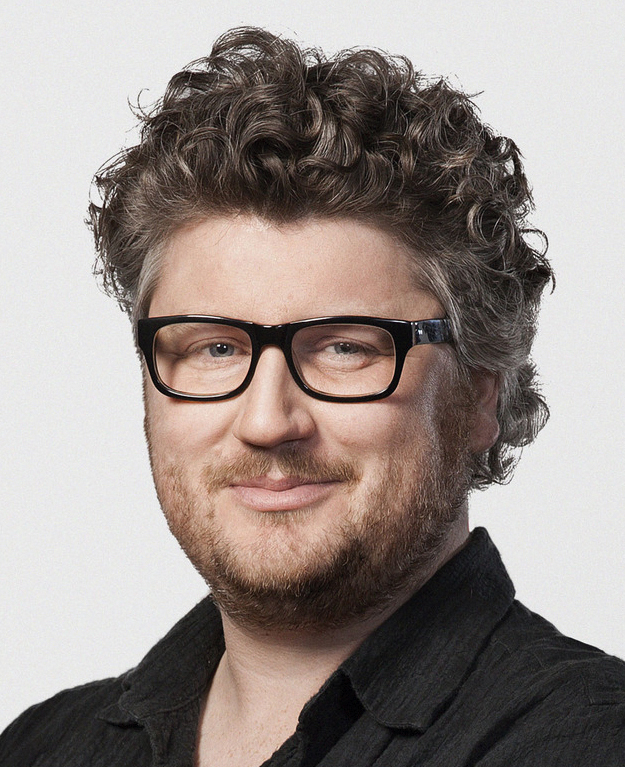Read on to discover how an American composer is still writing music after death...
The wonders of science... making music via telepathy
It already seemed like science fiction in 1965: the US composer Alvin Lucier’s Music for Solo Performer, in which Lucier strapped electrodes onto his scalp and the amplification of his brainwaves resonated through speakers and the skins of percussion instruments.
Lucier was making music as if by magic, using only movement of the electrical impulses of his brain activity, without his hands, his feet or his breath, conjuring composition and performance more immediately than any musician had previously achieved. He made musical telepathy real.
Composing after death... growing 'mini' brains from stem cells
And despite the fact that Lucier died in 2021 at the age of 90, he’s still doing it. Or rather, his cells are. At the Art Gallery of Western Australia, an exhibition called Revivification is turning today’s sci-fi fantasies into musical reality by realising a dream of Lucier’s: that a deceased composer might continue to ‘create live performances through the biological agency of their in vitro brain living outside of and beyond the body’.
Astoundingly, that’s exactly what’s happening. With Lucier’s consent, after working with him since 2018, the team of avant-garde biological artists took his white blood cells and genetically reprogrammed them to become stem cells. Then, through the jaw-dropping arts of cutting-edge biological science, these cells were transmuted into brain cells, which have grown and developed into what the Revivification team call ‘mini-brains’ or ‘cerebral organoids’ – either of which is a fantastic description, like the villains of 1960s sci-fi B-movies: Beware the Organoids!
Constructing brain cells after death... and they're composing!
Joking aside, Revivification is a breathtaking reality that brain cells can be reconstituted from a deceased composer. And while the philosophical and ethical status of these neurons is an open question – they are alive, they grow and develop, but they don’t have consciousness – their electrical activity is very definitely producing music.
In a technique developed from Lucier’s 1965 piece, the electrical impulses of the mini-brainwaves are transformed into stimulus for 20 brass plates, and the sounds they make are an uncanny and beautiful projection of real-time neural signals into sound. The piece the organoids are performing is open-ended and developing in concert with the ambient and human-made sounds of the gallery, as the neurons respond to that stimulus too.
Could we re-grow the brains of Brahms and Mozart?
It’s all mind-blowing. What if the brains of other dead composers could be similarly reconstructed? Could we have Brahms’s Fifth Symphony? Mozart’s 42nd? More interestingly, how will Lucier’s mini-brains keep growing, creating and performing?
The Revivification team don’t think they will turn into a B-movie behemoth, but in sound, idea and scientific research, they are pioneers of post-mortal performances. What a time to be alive – and to be a posthumous organoid.




